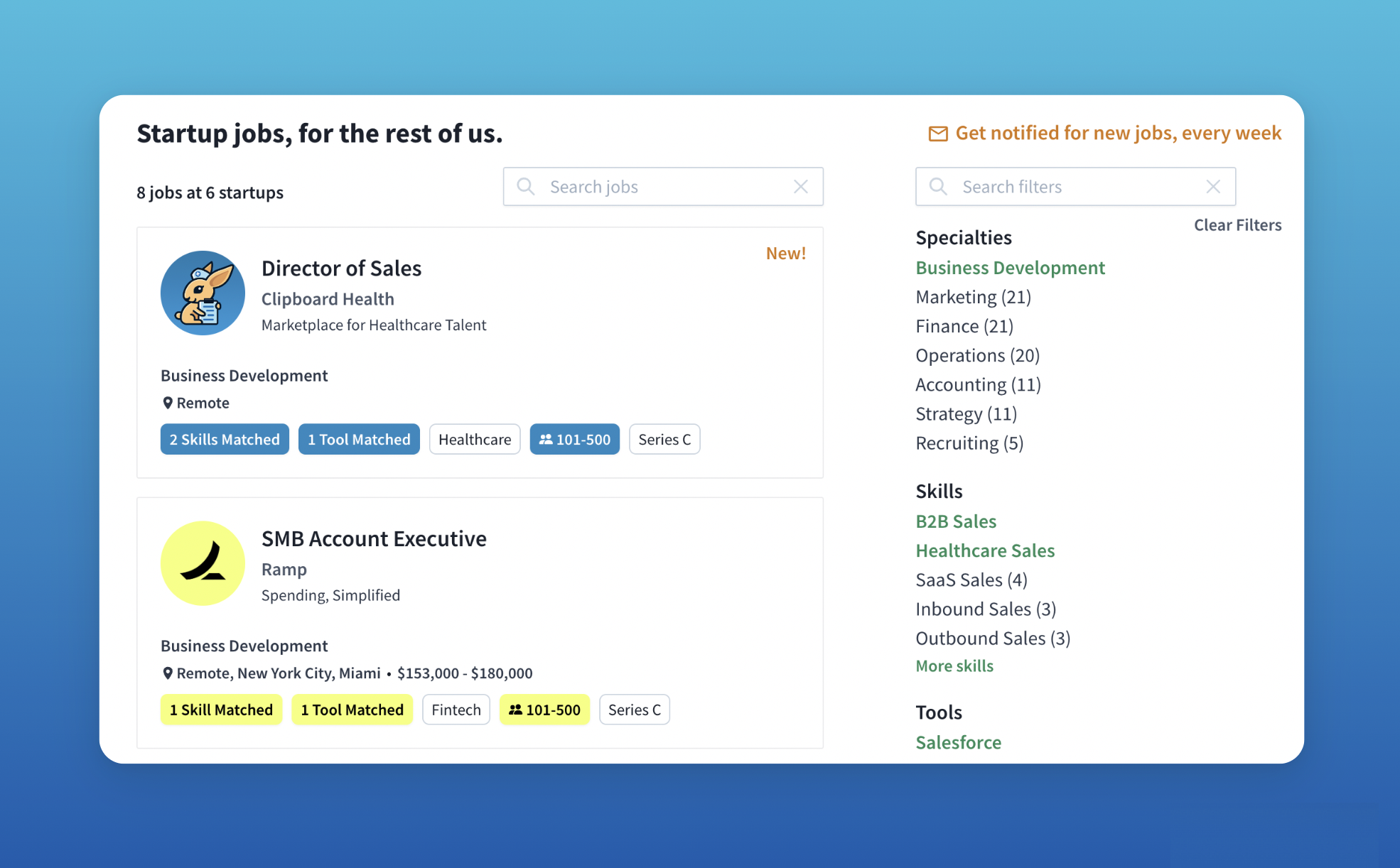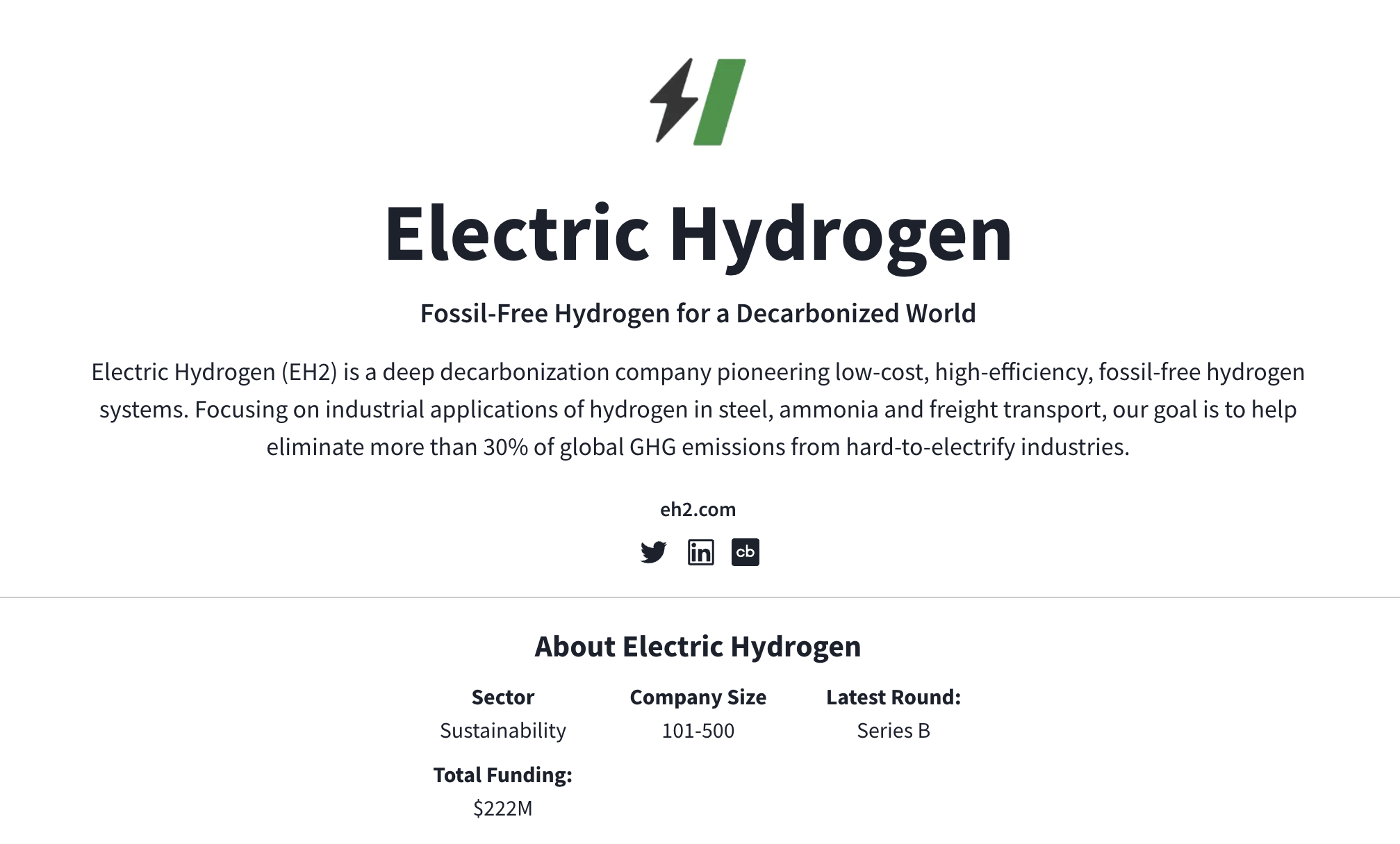Showcasing the transition to tech: Daniel Liu
Building analytical skills in healthcare and leveraging them for roles in tech
Edited for brevity and clarity
Hi Daniel, thanks for the time this afternoon. To start, can you walk us through your career?
Sure! At UCLA, I studied International Development. My first couple of work-related steps were in advocacy and government. I interned for Congress Adam Schiff and CAUSE, the Center for Asian Americans United for Self Empowerment. Both were really interesting, but I decided I wanted to go into industry. I "fell into" my first job out of college – like I think how a lot of new grads do – but I ended up loving it and spent six years there!
Where were you and what was your role?
I worked at DaVita Kidney Care in Los Angeles and NYC on the Analytics team. Over the years, I was promoted into different positions, but I started as a Data Analyst. I think an important thing to note is that I built industry knowledge, but in doing so, I gained transferable skills and mental models. The roles included everything from deep analytical work to internal consulting and strategy.
Why make the switch from your industry into technology?
I had always had an eye toward technology! After all, tech is ubiquitous. It's sexy, relatable and for the most part, well-understood. I wanted to work on a team that was building something new.
How did your previous industry experience help with your transition to technology?
I think the most important aspects were that my previous roles had allowed me to prove that I was technical, flexible and results-orientated. I was pulling huge datasets, analyzing them and then making recommendations to help drive better outcomes. I think those are skills that everyone understands, respects and needs!
Your first tech role was at Pave - can you talk to us about that?
Definitely. I helped Pave, a pre-seed FinTech startup, develop a robust product strategy. I gained some invaluable PM-related experience doing things like conducting interviews to understand customer pain points, gathering and analyzing data, and developing a product roadmap. But I think what's most important here is that I was able to leverage my background/transferable skills – in data analysis, business strategy and more – to help propel the tech product forward.
Can you talk about the recruiting process for switching into technology?
I applied and interviewed at many of the leading and "popular" tech firms. I started seeing more success and moving forward when I really understood what those companies were looking for. I'm currently at Amazon, and Amazon has a strong emphasis on their Leadership Principles. In my interview, I made sure to highlight the parallels between their values and mine and showcase how my previous work experience related to it. And again, I made sure to underscore my transferable skills – that I was great at working with data, that I am a strategic thinker, that I can work cross-functionally and more.
What were some of the tools and resources that you used through the process?
You can build technical skills online. Whether its SQL, Python or R, there are courses and YouTube channels that can help you build and elevate those skills.
What advice do you have for people who are starting this process?
It's not tech-related, per se, but I think you need to showcase how you are a self-starter and demonstrate your willingness to learn. If you can show how you're resourceful and can adapt, I think that companies really like that.
Give us your recent best: meal, book and watch.
Meal is Mom's cooking! I've been staying with the family in Ohio for a bit and it's been amazing. Best thing I've watched is Hustle on Netflix featuring Adam Sandler and lots of NBA players. And best reads are Walter Isaacson's biography of Steve Jobs and The Four by Scott Galloway.
More from moneymoves

The Associate Director of CX at Dr. Squatch, shares insights into the benefits of working at startups and essentials tips for landing a job and thriving in the startup environment.
3 months ago

Learn more about the latest WFH-friendly opportunities from exciting startups hiring today on moneymoves.
2 months ago

